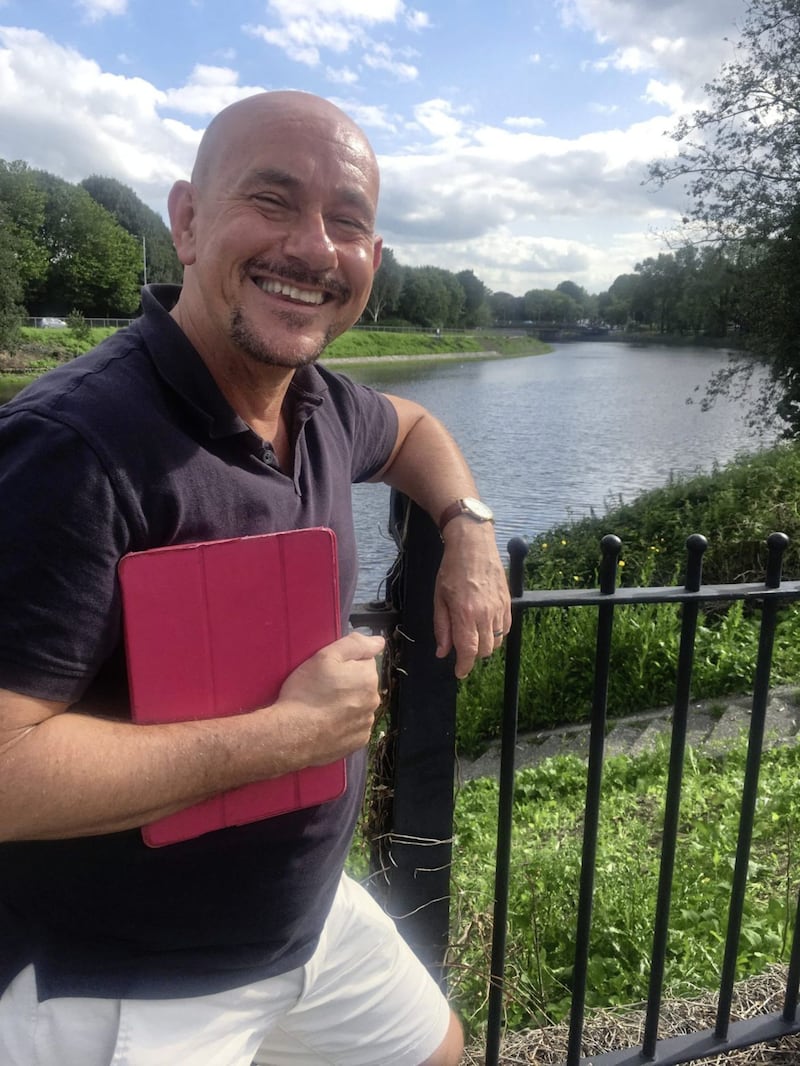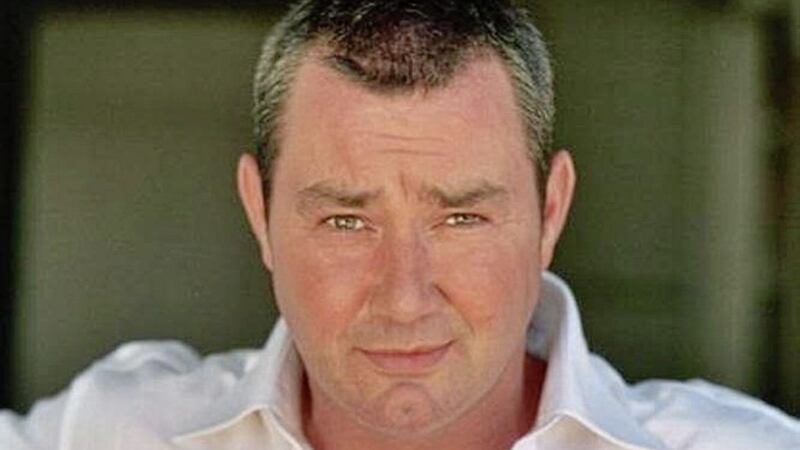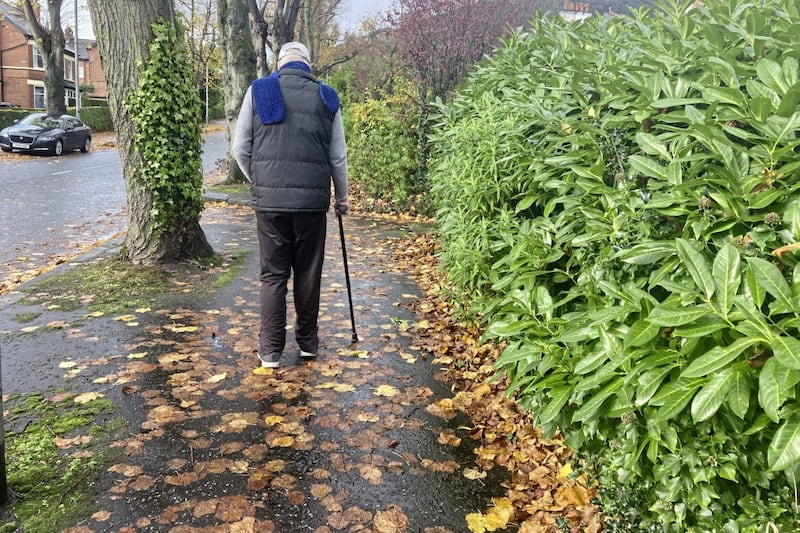THERE'S a public belief that acting is a pastime, a couple of hours 'play acting' and then off to party.
It makes me mad because I know better.
If you think of the arts in general, underfunded to a disgraceful degree, what would happen if artists weren't part of our lives? Before you say, "not part of my life, I can take it or leave it", think on: we need entertainers and stage crews in every walk of life, including storytellers, musicians, the clowns who go into children's wards, actors on television – not a reference to Dominic Cummings.
And what of these talented people today? It's a frightening story. For over 30 years, Marty Maguire has kept us entertained here at home and abroad. He lives with his partner Jo Donnelly, both freelance actors, so security doesn't exist.
Life was looking good: he was one day into rehearsals for 1984 at the Lyric.
"On the first day of rehearsals, there was a feeling that something was up – then it was pulled next day, a nine week contract gone, although a percentage was paid to us which was as fair as possible," explains Marty, who lived in Los Angeles for 20 years.
Like so many actors in LA, he worked in a pub when he wasn't on stage: today juggling two or three jobs to keep bread on the table isn't an option because casual jobs just aren't there.
:: A Pantomime Dame is upset.
"DECIMATED in one foul stroke." For the first time, John Linehan's diary is empty for the next 12 months.
"Obviously here's a question mark over the Opera House pantomime – if we're still social distancing how can it be done? Through the Troubles we kept going and people turned out, but that's not possible at the moment, it's a bad scene."
John adds that he's just thankful to be above ground. This man who keeps us in fits as May McFettridge, who survived a bombing and who was given the Last Rites after a serious operation, so he knows what fear is.
"I can't even do stand-up to entertain people, for instance in nursing homes: I need to be close, see their eyes, make them laugh – that just can't happen. Yes, it's a bad scene."

"Between a Friday and a Wednesday, life changed drastically.": Richard Orr had prepared himself for those times he had no acting work. He trained to become a guide, bringing visitors to the major places of interest. Now, not only has his theatre work ceased, cruise ships are not coming into Belfast, so there's no demand for his expertise as a tour guide.
"What was a burgeoning workload last year is now zero. Fortunately, the weather has been good, so I can cut down on heating. I go for a walk and try not to think about the future. I really worry – when it comes back to normal, will people come back to me for work?"
:: Grants are minimal and hard to get
CAROL Moore is one of our best known actors who has developed her writing skills. You'd think her one woman show The Experience of Being would be ideal for stages up and down the country – no social distancing required – except, what about an audience?
"It seems the self-employed are an afterthought for government. We were told to wait until June for a grant. Then the good news that we could potentially apply from May 13, except no one at HMRC had thought through how their own portal discriminates against people with Northern Ireland driving licences and Irish passports."
She kept trying, computer kept saying "NO!" Then she got an actual tax advisor.
"There's nothing like speaking to a human being who calms the soul and who, on the morning of May 13, after an hour and 40 mins in a phone queue, sorted my grant in five minutes."
It's hard to keep a creative person down and many of those working in the entertainment industry are turning to other forms of creativity. Jimmy Fay at the Lyric is out and about making short, small cast films for BBC. Some are turning to hobbies to keep occupied and maybe a way of making a living in the future; market gardening, baking, scripting an idea or, like Carol, writing the book which has long been percolating – in her case, the story of Charabanc Theatre Company.
"If this pandemic has taught me anything, it's to be in the moment and seize those moments like they were your last."
:: No project, no pay
EIGHTEEN years ago, Michelle McTernan opened her public relations company and a lot of her work involves engaging personalities to get her client's message across. Indeed, her first project was with a relatively unknown comedian in 2002 – Peter Kay.
"You have to learn to adapt and use your time well," she tells me.
"I'm devastated that eight different festivals have been cancelled, as events manager you don't get paid till you complete the project."
So, Michelle has turned her hand to supporting charity, organising 26 artists and local nurses who collaborated to record the hit single Broken Land. The fundraising single has raised £21,000 so far for life-changing research at Queen's University on survivors of Covid-19.
:: Suddenly, it's all gone
CONOR Taggart is 23 and had built up a very successful business as a wedding singer and as a singing waiter. He has finished his degree course and is waiting for results, so it's a nervous time.
"I'd a wedding booking, but at 11am that morning, the phone rang. It was a very distressed bride who was in her dress, hair done and ready to go to the church when the hotel cancelled the reception."
He also attended a 'socially distanced' wedding the day after lockdown, the hotel went ahead but opened three rooms and gave guests coloured wrist bands.
"And there was no conga line – all a bit eerie!"
Spare a thought for the many men and women who contribute so much for very little reward.








